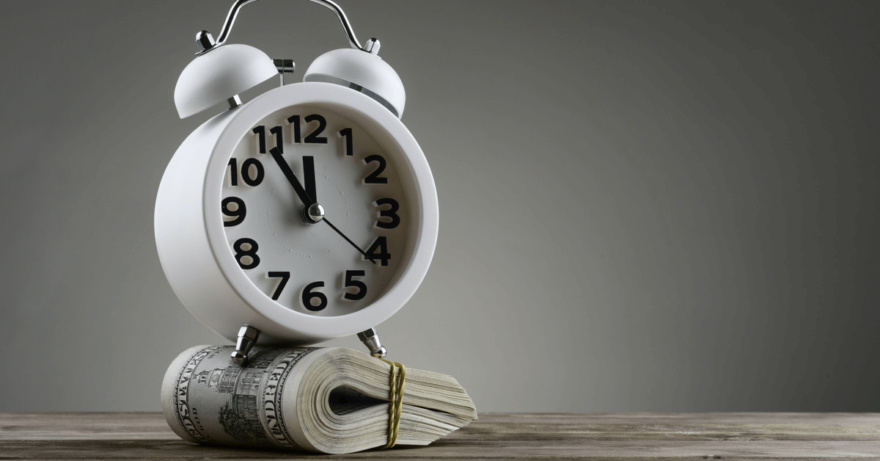Which Expenses Should I Cut First?
To ensure you get the best information, you will find ZERO ads, affiliate links, and sponsored posts on this site. Click here to learn more about my mission.

When it comes to thought-provoking and easy-to-read personal finance information, I recommend Michael B Rubin.
He currently has two books available titled Beyond Paycheck to Paycheck and The Savings Solution. These two books are written just as though you’re having a conversation with the author (who is actually a CPA and CFP® to boot). It makes for great reading!
Why am I talking about Michael Rubin in a post about focusing on your major expenses? Well, he has a great saying in one of the books called “Major on the Major”.
His main premise is that too many people focus on the small budget items, such as driving across town to save $0.10 on a gallon of gas, and they forget about the major items that could easily be reduced, thus resulting in a bigger win.
I completely agree with this thought.
Major Expenses and The $25/Hour Test
Major expenses can be defined in a number of ways.
For example, Mr. Rubin defines them as items that would ordinarily need financing such as a home, car, etc.
I like to think that if you can save at least $25 for each hour of time you spend reducing the expense, it’s major and worth spending some time on.
If you call up your car insurance carrier and ask about discounts, chances are good that you might save some money.
How much? Well, it could be $100 or it could be nothing at all. However, you will probably spend about 20 minutes on the phone with the company.
If you can save $50 from the phone call, you technically are “working” for $150 per hour (20 minutes is 1/3 of an hour and thus $50 is 1/3 of $150).
That’s a pretty nice chunk of change for such a small amount of work!
Here are some expenses that I think can meet this $25/hour test:
- Cell phone contracts
- All types of insurance
- Car purchase
- Home purchase
- Electronics
- Cable bill
- Medical bills
- Other large, recurring expenses
Shopping Around
Shopping around to reduce these major expenses can have an extremely positive effect on your budget.
I recently spent about an hour calling around to several parts dealerships, warehouses, etc. for a car part that I was looking to replace.
The top price that I was quoted was $350 while the lowest was $100.
If I would have settled on the first quote ($350), I would have overspent by $250. However, since I ended up buying the $100 part, I essentially saved $250 for only a hour of work.
That’s technically just like earning $250 per hour. I’ll take that any day!
If you apply your skills toward even bigger purchases you can save a ton more.
By shopping around for a mortgage, you could probably save a small percentage on your interest rate.
However, that could have a large affect on your bank account.
If you take out a $200,000, 30 year mortgage at 4% interest, you will pay $215,609 in interest over the life of that loan. However, if you manage to get the interest rate down to even 3.75%, you will only pay $200,165 in interest.
That small reduction in the interest rate saved you $15,443 over 30 years! That’s over $500 per year back in to your budget!
Another tip would be to look for additional discounts before making the final purchase.
J. Money from Budgets Are Sexy recently did this when purchasing a refrigerator. He found what he wanted and then searched for a coupon online. For two minutes of work, he saved $100. Cha-Ching!
* * * * *
Once you have “Majored on the Major” and attempted to lower all of your larger bills, you can delve into the smaller things like coupon clipping, etc. if you want.
It’s just best that you find the easiest and most beneficial savings first and then you can get into the more time consuming (per dollar saved) things.
![]()

